Parkinson’s Disease
-
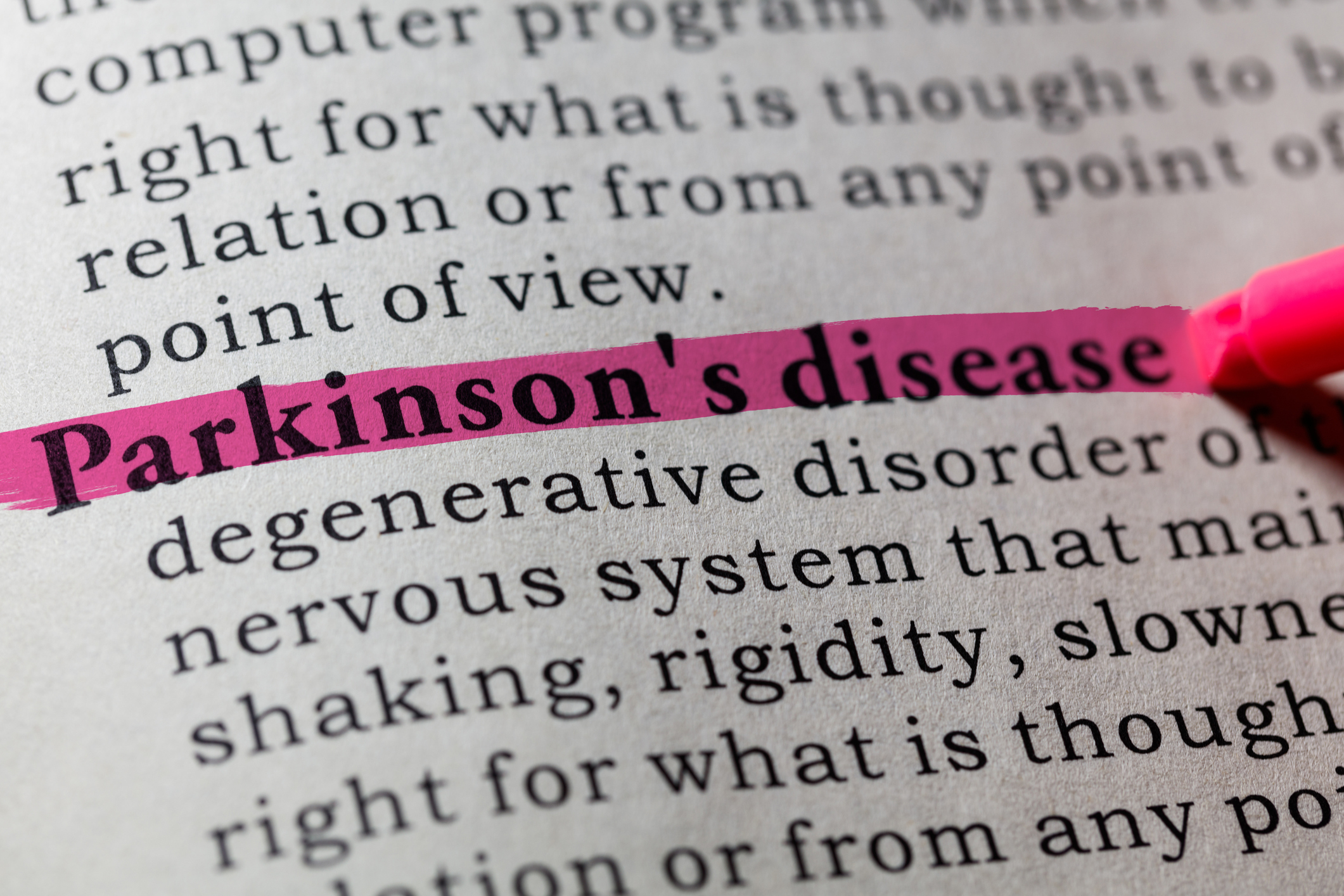
DBS treatment may slow tremor progression in early-stage Parkinson’s patients
Analysis of data from a clinical trial conducted at Vanderbilt suggests that deep brain stimulation (DBS) administered to patients with very early-stage Parkinson’s disease slowed the progression of rest tremor. The study, published June 29 in Neurology, is significant because it is the first evidence of a treatment that may… Read MoreJun 29, 2018
-

Investigators eye new target for treating movement disorders
Blocking a nerve-cell receptor in part of the brain that coordinates movement could improve the treatment of Parkinson’s disease, dyskinesia and other movement disorders, researchers at Vanderbilt University have reported. Read MoreJan 18, 2018
-

Impulsivity in Parkinson’s Disease
A noninvasive MRI technique may help predict a troubling side effect of common medications for Parkinson’s Disease and improve clinical treatment plans. Read MoreOct 27, 2017
-

Trial to test whether DBS slows Parkinson’s progression
A consortium led by Vanderbilt University Medical Center (VUMC) researchers has received funding as it makes plans for a multicenter trial that could determine whether deep brain stimulation (DBS) slows the progression of Parkinson’s disease in early-stage patients. Read MoreSep 1, 2016
-

Deep brain stimulation program marks milestones
Vanderbilt Clinical Neurosciences is marking two milestones — the 20th anniversary of its deep brain stimulation (DBS) program and its 1,000th DBS procedure. Read MoreMar 24, 2016
-
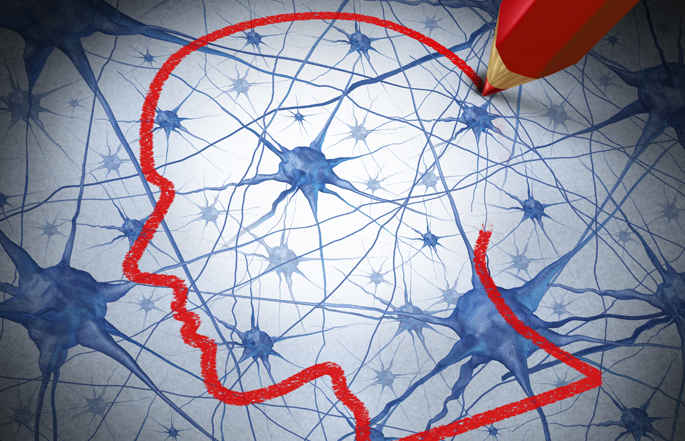
Neimat: Emotional disturbance is an overlooked symptom of Parkinson’s
Despite benefiting from dramatic improvements in movement after deep brain stimulation surgery, patients with Parkinson’s disease can be inadequately served when physicians and researchers focus only on its motor manifestations, says a Vanderbilt neurosurgeon. Read MoreOct 22, 2015
-
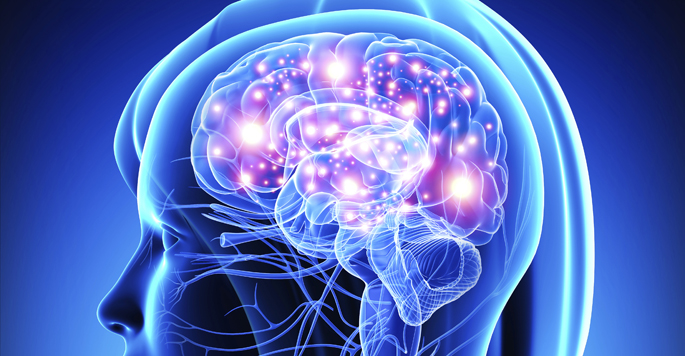
Study sheds light on a ‘guardian’ protein of brain function
Mitochondria not only are the cell’s main power producers, they are also the chief cooks and bottle washers. Read MoreFeb 19, 2015
-
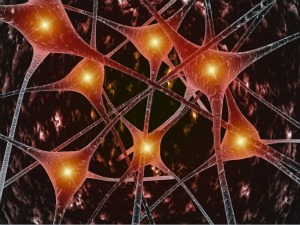
Copper toxicity and Parkinson’s
A genetic predisposition to Parkinson’s disease makes neurons more vulnerable to the toxicity of heavy metals such as copper. Read MoreFeb 5, 2015
-

New tools to probe manganese biology
Vanderbilt researchers have developed tools to probe the role of the essential metal manganese in neurons, and which offer a started point for developing therapeutic agents for manganese-related neurological disorders. Read MoreNov 26, 2014
-
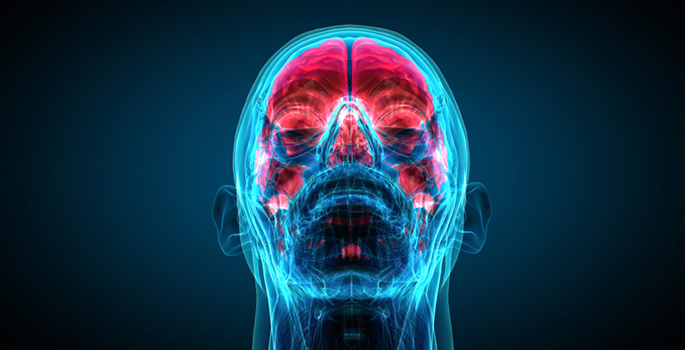
Team takes 4-D look at brain receptor’s role
Reporting last week in the journal Cell, researchers from Oregon Health and Science University, Harvard Medical School and Vanderbilt University describe the first “four-dimensional” picture of a brain receptor that plays a key role in learning and memory. Read MoreAug 14, 2014
-
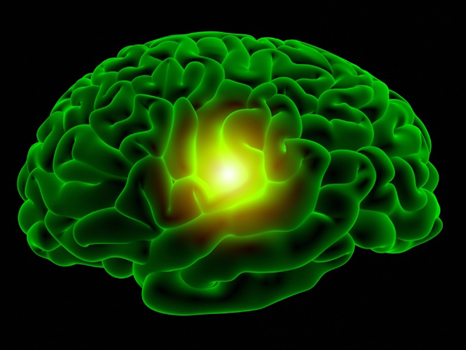
DBS for Parkinson’s trial moves to next level
A long-term Vanderbilt University Medical Center study of deep brain stimulation (DBS) in early-stage Parkinson’s disease has received approval from the Food and Drug Administration (FDA) to continue in a pivotal, phase III, large-scale safety and efficacy trial. Read MoreApr 3, 2014
-
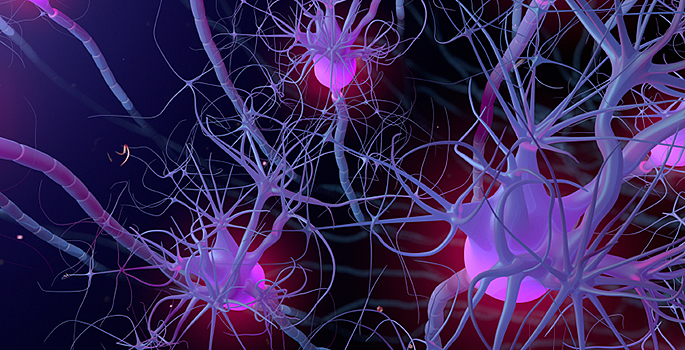
‘Missing link’ may spur new brain disorder drugs
Researchers at the Scripps Research Institute in San Diego and Vanderbilt University have discovered a “missing link” in the structure of a transmembrane receptor that could lead to new treatments for autism, schizophrenia, Parkinson’s disease and Alzheimer’s disease. Read MoreMar 13, 2014
-

Amish aid study of Parkinson genetics
Amish populations are valuable for genetic research because of their isolation, shared ancestry and homogeneous lifestyles. Read MoreNov 11, 2013
-
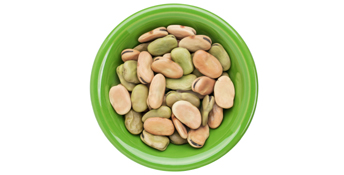
Fava beans’ impact on urine sodium
Eating fava beans increases dopamine in blood and urine, but does not stimulate urinary sodium excretion. Read MoreApr 29, 2013
-
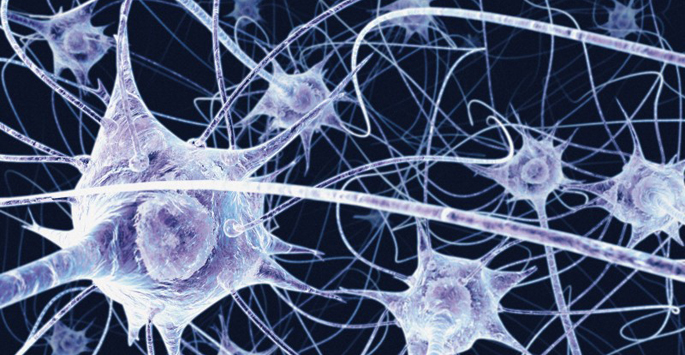
Novel push-pull action clue to brain disorders
Researchers at Vanderbilt University have discovered a new “push-pull” mechanism in the brain that one day could lead to new treatments for movement disorders such as Parkinson’s disease, as well as stress-related disorders and addiction. Read MoreMar 21, 2013
-

VU, Bristol-Myers to collaborate on Parkinson’s therapies
Vanderbilt University and Bristol-Myers Squibb have signed a collaboration agreement for the discovery, development and commercialization of novel therapies acting on the mGluR4 glutamate receptor, known as positive allosteric modulators, or PAMs, for the treatment of Parkinson’s disease. Read MoreSep 21, 2012
-

Parkinson’s therapy may impact language
Deep brain stimulation used to treat Parkinson’s disease may impair some aspects of language processing, a recent study suggests. Read MoreSep 7, 2012
-

Events honor early patients of novel Parkinson’s study
Pioneers of Parkinson’s disease research are gathering at Vanderbilt University Medical Center today to celebrate the end of a study that was an important first step in the quest to find a way to slow the progression of the degenerative movement disorder. Read MoreAug 23, 2012
-

Research team invited to present at NIH institute’s 10th anniversary technology showcase
Vanderbilt University researchers were one of nine teams invited to participate in the National Institute of Biomedical Imaging and Bioengineering’s 10th anniversary technology showcase June 22 in Bethesda, Maryland. NIBIB is an institute within the National Institutes of Health. Read MoreJul 3, 2012
-

Minds wide open: Neuroscience at Vanderbilt
Vanderbilt University has emerged as one of the nation’s leading academic centers in neuroscience. Read MoreApr 6, 2012